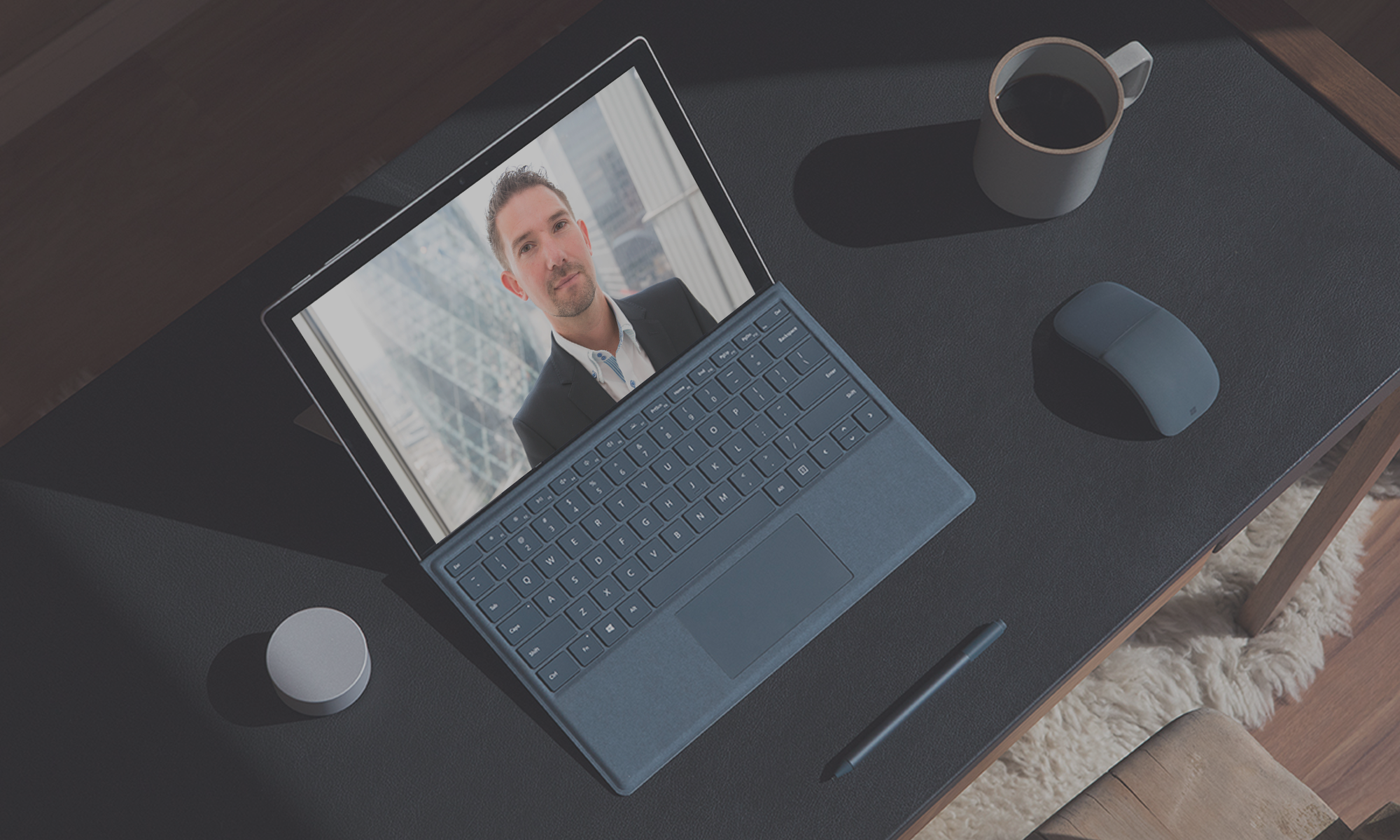Microsoft’s SIP gateway service was officially released as of today today. This means organisations can now repurpose a wide range of ‘old’ SIP phones and use them with #MicrosoftTeams helping to reduce TCO of Teams Voice Migrations and drive value out of legacy hardware.
The new SIP Gateway Service (which has been in private preview for a few months) is a solution that enables core Teams calling functionality on compatible SIP phones including many from Cisco, Poly, Yealink and AudioCodes.

Breathing life into legacy handsets
The SIP Gateway supports the following core Teams calling functionality:
- Inbound and outbound calls
- Call transfer
- Meeting dial-in and dial-out
- Device level based “do not disturb”
- Voicemail with message waiting
The SIP Gateway Service is FREE
Microsoft are making the SIP Gateway service for free, and any user can use the SIP Gateway so long as they meet the following requirements.
- Licensed for Teams Phone via Office 365 E5, Microsoft 365 E5 or a standalone license.
- Enabled for PSTN, which means a phone number in Teams assigned via Calling Plan, a Direct Routing or Carrier Connect (calling via third party apps not supported)
- Common Area devices licensed via Common Area Phone license.
For the best experiece Teams Phones are recommended
In the official Microsoft Teams blog, Microsoft reminds us that while their SIP Gateway and Skype for Business 3PIP Gateway services provide valuable flexibility for organisations wishing to sweat their legacy SIP phone investments, Teams phone devices provide the most complete Teams experience.
What devices are supported
These are the currently supported phones (at time of writing).
- Cisco IP Phones (6821,7800 series, 8800 series)
- Poly SIP Phones (VVX 100,200, 300, 400, 500, 600 etc.)
- Yealink Phones (T20, T30 T40 and T50 series)
- AudioCodes HD 400 series
Note: for Cisco, organisations need to license the MPP firmware for each SIP phone
You can read the full annoucement here:

